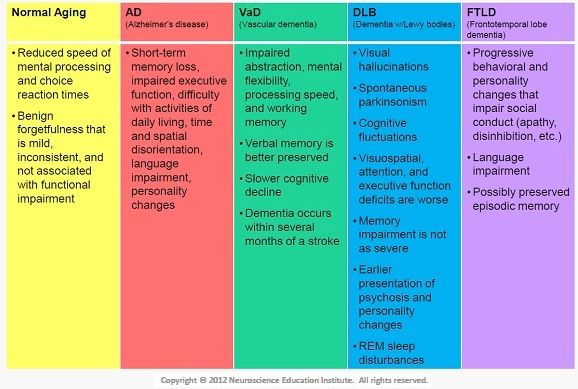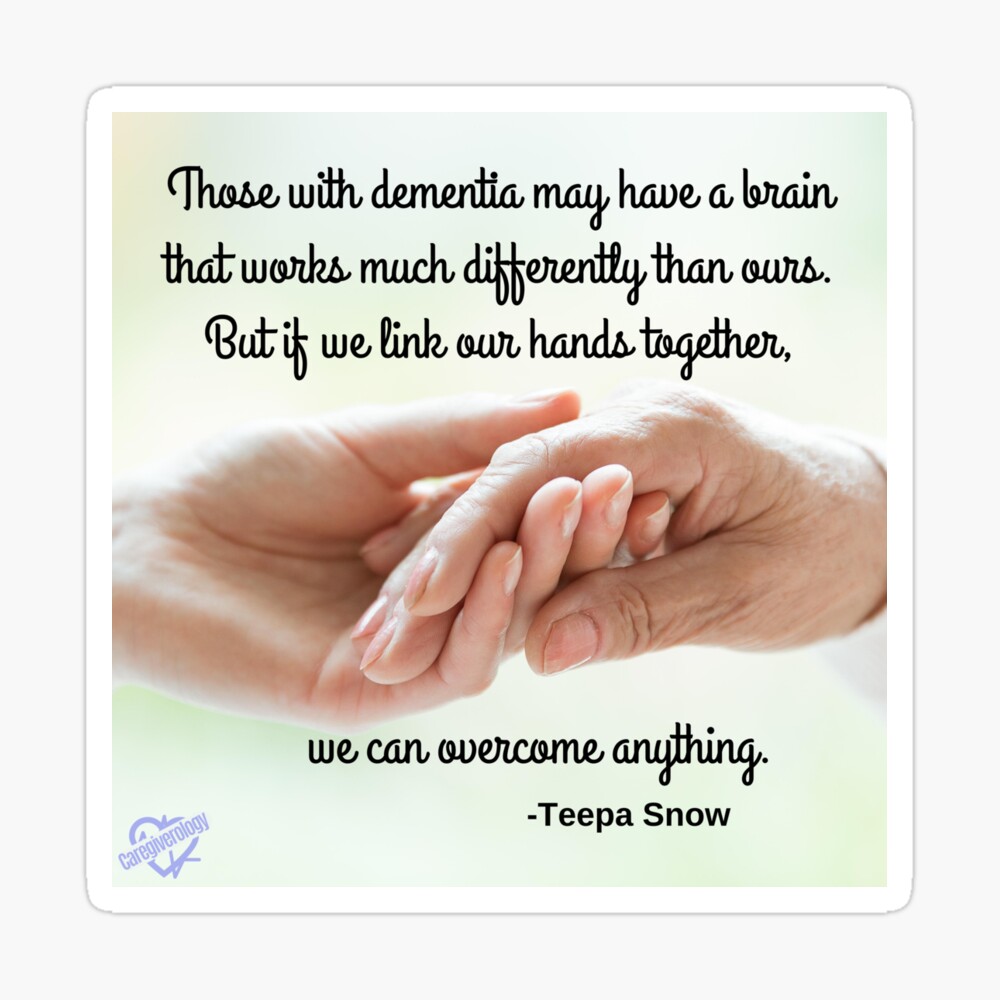What is dementia and what are the symptoms?
Dementia is a general term used to describe a range of progressive neurological disorders that affect memory, thinking, and behaviour. Symptoms can be mild or severe and can interfere with everyday activities. Dementia affects people of all ages, but is most common in older adults. There is no one-size-fits-all approach to managing dementia, so it is important for families to seek out tailored support and resources. This post provides an overview of dementia and its effects on people and families. It also offers advice on how to cope with this challenging condition. Thank you for reading!
Dementia is often referred to as a syndrome given that there are many different types of the disease. There are over 100 different diseases that cause dementia. It is important to note that dementia is not a normal part of the ageing process. Whilst there are changes that occur to the brain because of the ageing process, these are not dementia-related. The most common types of dementia are –
- Alzheimer’s Disease – this is the most common type, affecting up to 70% of people with dementia
- Vascular Dementia – second most common cause of dementia
- Dementia with Lewy Bodies – also known as Lewy Body Dementia and often associated with Parkinson’s Disease
- Frontotemporal dementia – previously called Pick’s Disease
Some of the less common types of dementia include Huntington’s Disease, Alcohol related dementia (Korsakoff’s Syndrome) and Creutzfeldt-Jakob disease.
The symptoms of dementia vary depending on the part of the brain affected by the disease. For example, Alzheimer’s Disease is most often associated with symptoms of forgetting recent events, difficulty finding the right words for things, loss of interest in previously enjoyed activities, and difficulty performing everyday tasks. Frontotemporal dementia, as the name suggests affects the front and temporal parts of the brain.
The table below outlines some of the symptoms of the most common types of dementia.

How does dementia affect the brain?
Dementia causes damage to the brain that generally cannot be reversed; therefore, it is referred to as being progressive. The effect on the brain will depend upon the type of dementia and as such the underlying causes. The long-term effects will be a progressive decline of the person’s ability to perform everyday tasks and eventually they will require assistance to eat, drink, shower and perform basic tasks for themselves. Over time it will significantly impact on the ability to communicate with others and interact with their environment.
What causes dementia and can it be prevented?
As mentioned previously the causes of dementia depends on the type of dementia. For the purposes of this blog, we will discuss the causes of the most common types of dementia.
Alzheimer's Disease
In the 1900’s Dr Alzheimer was the first person to identify the disease; he noticed on examining the brain of one his patients after she had died, that the outer part of the brain had shrunk. This shrinking or atrophy is a result of brain cells dying. He also found two types of deposits in his patient’s brain – one occurred inside the brain cells, and the other outside the brain cells. The deposits outside the brain cells are called plaques and those inside the brain are neurofibrillary tangles. The plaques stop the brain cells from being able to communicate with one another whilst the tangles prevent food and energy from moving around inside the brain cell. The damage to the brain cells results in them dying. Researchers continue to work on what causes these plaques and tangles to occur in the brain.
Vascular Dementia
This type of dementia is caused by problems with blood circulation in the brain. When the brain does not get sufficient blood, usually because of restricted blood flow, the cells are damaged. Vascular dementia may be the result of one significant stroke – Strategic Infarct Dementia – or multiple strokes – Multiple Infarct Dementia. Where multiple strokes occur, it is often the large vessels that are affected and the strokes may be “silent”, meaning that the person does not notice any symptoms at the time of the stroke. Multiple Infarct Dementia often progresses with a stepwise pattern.
Dementia with Lewy Bodies
In this type of dementia, there is an abnormal build-up of a protein called alphasynuclein in brain cells. The reason for this is not known. These accumulations occur in specific parts of the brain resulting in difficulties with movement, thinking and behaviour. There are three types of overlapping disorders – Dementia with Lewy Bodies; Parkinson’s Disease; and Parkinson’s Disease with dementia.
Frontotemporal Dementia
As with other types of dementia, the damage to the brain is caused by changes to chemicals in the brain, why these changes occur is not clear, although there is a hereditary type of FTD. In FTD, there are two types of protein that build up in brain cells causing damage. These are tau and TPD-43 and build up in the frontal and temporal parts of the brain causing cells to die.
Can Dementia be prevented?
This is a complex question as for some types of dementia such as Lewy Body Dementia, it is unclear what the risk factors may be. Whilst researchers have identified risk factors there is still no clear way to prevent dementia.
Generally, it is accepted that there are modifiable and non-modifiable risk factors.
Non-modifiable factors
- Age – the older we are, the greater our risk of developing dementia
- Genetics – there are a few very rare forms of dementia that are related to specific genes
- Family history – a family history of dementia appears to increase your risk but it is unclear as to why
Modifiable factors
- Health conditions such as high blood pressure, high cholesterol, obesity, and Type 2 diabetes
- Lack of physical activity
- Depression, social isolation, and loneliness
- Alcohol and smoking
- Hearing loss
If you would like to read more about what the research says about risk reduction the following links might be helpful
Caring for your loved one with dementia
This is a topic within itself and will be the subject of future posts, but caring for a loved one with dementia can be a challenging and rewarding experience. Every situation is different and every person with dementia is different and experiences it differently. In the early stages, you might find that you do not need much hands-on assistance but as the disease progresses this may change.
Focusing on what your loved one can still do and giving them the opportunity to participate in decision making as much as possible are good starting points for care. Remember that their brain is no longer working the way it used to and in the early stages your loved one will likely be aware of this. Try to understand their reality and how they are perceiving the world. Helping your loved one to be involved in activities they enjoy and find meaningful will contribute to their well-being.
As mentioned, caring for someone living with dementia is complex, but keep in mind the following tips:
- Simplify tasks and break complex tasks up into smaller steps
- Help them to remember information by using calendars, white boards, or other external devices – it may be trial and error to find the best method for your loved one
- Try to keep the same routines
- Help them to maintain their health – regular medical checks, healthy diet, and exercise
- Modify the home environment to help support your loved one – keep frequently used items in sight so they do not have to go looking for them; remove trips and hazards; install safety devices if needed (rails etc).

Dementia Resources
It is important that following a diagnosis you access support and information so that you can start planning for the future. As dementia progresses your loved one’s needs will change and the support they need will increase. Planning for this is a good idea and discussing with your loved one what their preferences are is an important part of future planning. There are many services available for people with dementia and their families. These range from everyday home support (assistance with shopping, cleaning etc); assistance with personal care; social and community support; therapy interventions including cognitive stimulation and physiotherapy; and carer support, including respite services.
Dementia Australia is a good starting point – https://www.dementia.org.au/ – their website has extensive information on a range of topics (covering all stages of dementia) and they have a helpline you can call – 1800 100 500.
For carer support, you might like to check out the new Carer Gateway https://www.carergateway.gov.au/. This website has a range of information for carers and can help you access support services.
For information on support services, for those over 65 years, the My Aged Care website is the best starting point – https://www.myagedcare.gov.au/. If your loved one has been diagnosed with Young Onset Dementia and they are under 65, they may eligible for assistance through the NDIS – https://www.ndis.gov.au/
Dementia is a progressive disease that affects millions of people every year. It can be difficult to understand what dementia is and how it affects the brain. In this blog post, we have outlined some of the basics about dementia including the symptoms, causes, and long-term effects of the disease. We also shared some tips for caregivers on how to provide care for someone who has dementia. Finally, we listed some resources available to help families living with dementia. If you are a caregiver or have a loved one who has been diagnosed with dementia, please know that you are not alone. There are many resources available to help you through this journey. Feel free to comment below with your own tips for caring for someone with dementia.
If you are looking for support, Memory Nurture can help you with a range of services – for more information check out our website, send us an inquiry or give us a call on 9593 8305.









2 Responses
Thank you for this easy read, I will be able to pass the website address on to people that I meet that ask me about dementia .
Often there is a whole family involved in the care of a loved one. When they receive the diagnoses of dementia, they often feel overwhelmed but this page alone can send them gently to the right direction
Thank you, Dorothee, we are glad you found this blog useful. We strive to make our content accessible for everyone whether they are a family member or someone living with dementia.